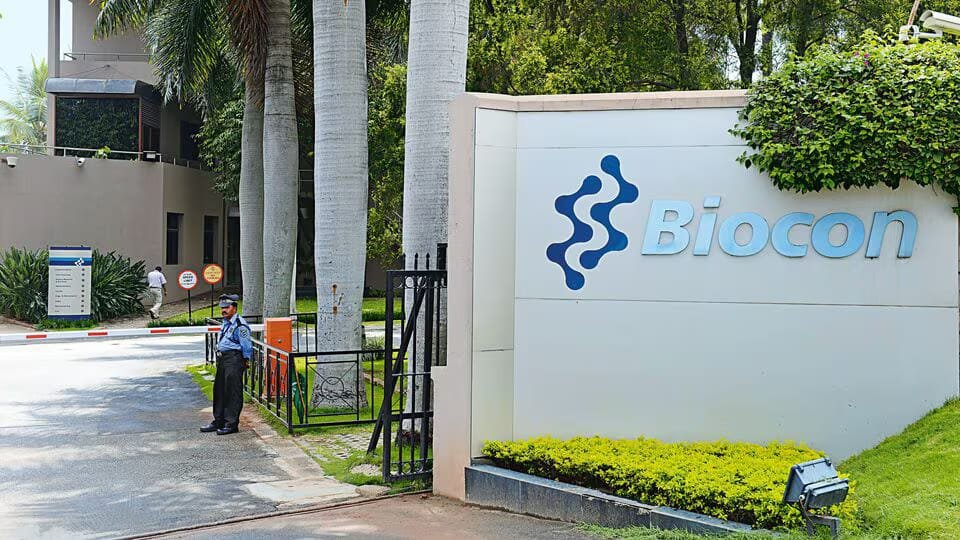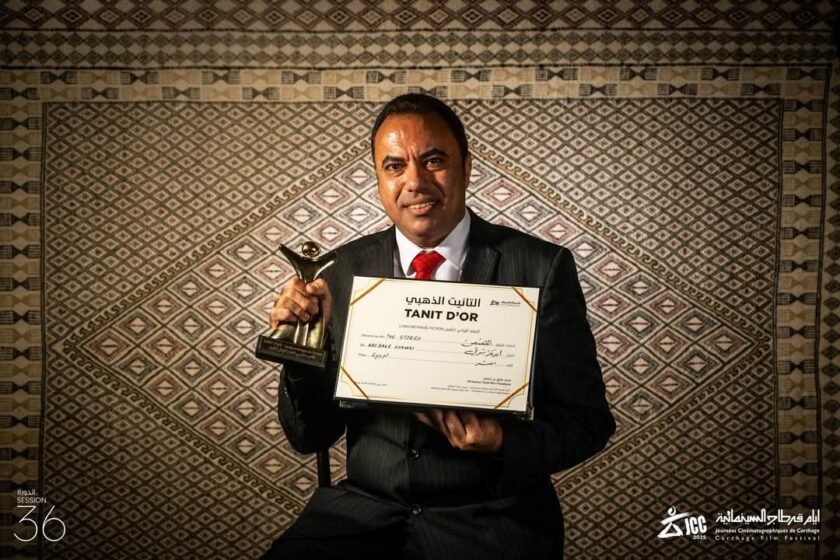By Douha Essaafi
As a Tunisian journalist invited by the Ministry of External Affairs of India and the Indian Embassy in Tunis, I recently had the unique opportunity to explore the vibrant and ever-evolving landscape of Indian innovation. Among the many remarkable institutions I visited, one stood out for its scientific excellence and inspiring journey: Biocon, India’s pioneering biopharmaceutical company.
Founded in 1978 by the visionary entrepreneur Kiran Mazumdar-Shaw, Biocon has grown from a small industrial enzymes company into one of Asia’s most reputable names in biotechnology. Headquartered in Bengaluru, the company has become a symbol of India’s ability to lead on the global stage in biosciences, research, and the production of affordable, high-quality healthcare solutions.
During my visit to Biocon’s cutting-edge campus, I was struck by the seamless blend of scientific precision, human compassion, and technological advancement. The company’s core mission — to make healthcare equitable and affordable — is not just a slogan, but a palpable force that drives every department and every employee. Biocon’s contributions to diabetes, oncology, and autoimmune diseases through its wide range of biosimilars have made life-saving treatments accessible to millions, especially in developing countries.
One of the most remarkable aspects of Biocon’s journey is its commitment to innovation. From launching India’s first indigenously produced recombinant human insulin to becoming a global leader in biosimilars and novel biologics, the company has never wavered in its ambition to push scientific boundaries. Its research and development arm, Syngene, has also emerged as a powerhouse, offering services to some of the world’s largest pharmaceutical and biotech companies.
Biocon’s efforts during the COVID-19 pandemic further illustrated its responsiveness and responsibility as a global player. By developing and supplying essential treatments during a time of crisis, Biocon reaffirmed its role as a guardian of public health, both in India and beyond.
The atmosphere at Biocon reflects a culture of purpose and inclusion. Speaking with researchers, engineers, and corporate leaders, I sensed a shared pride in the company’s achievements — and an even stronger sense of duty towards future innovations. The presence of women in leadership roles, starting from its founder, stands as a testament to the company’s progressive and inclusive spirit.
My visit to Biocon was more than a professional engagement; it was an eye-opening experience that showcased the spirit of Indian science and enterprise. As someone coming from Tunisia — a country with its own aspirations in science and technology — I found Biocon’s story deeply inspiring. It is a shining example of what visionary leadership, persistent innovation, and a people-centered approach can achieve.
India is often described as a land of contrasts — ancient yet modern, traditional yet futuristic. Biocon embodies this duality with grace, serving as a bridge between cutting-edge science and social responsibility. I left its headquarters not only impressed, but filled with hope for what collaboration and shared knowledge between nations can bring.
In a world where healthcare inequality remains a daunting challenge, Biocon stands tall as a symbol of possibility — a company born in India, but working for humanity.
In conclusion, I would like to express my heartfelt gratitude to the Ministry of External Affairs of India and the Indian Embassy in Tunis for their kind invitation and generous hospitality. This journey offered me a rare and invaluable opportunity to witness India’s scientific capabilities and to engage with some of its most influential institutions. It was more than a professional trip — it was a cultural and intellectual bridge between Tunisia and India, and I sincerely hope it will be the beginning of even deeper collaboration in the fields of science, technology, and mutual understanding.
TunisianMonitorOnline (Douha Saafi)




